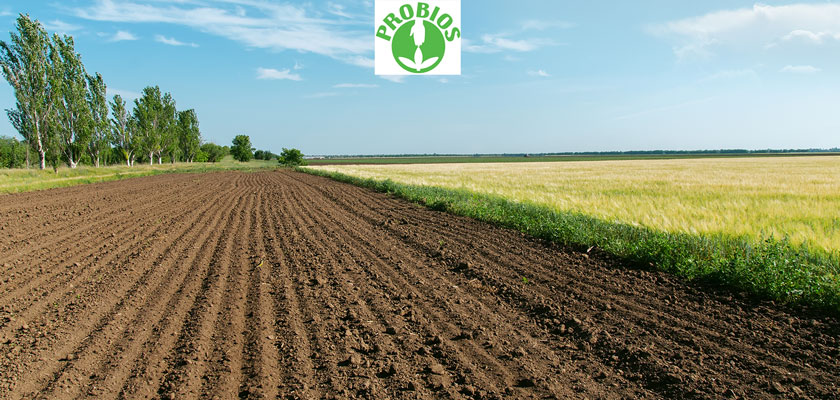
Organic agricolture represents the future, the key to face the challenges connected to our health and to pollution. Now, we have a scientific confirmation.
According to the results of a research recently published on Nature Communications and guided by the swiss research institute FiBL (Research Institute of Organic Agriculture) in collaboration with FAO, organic agriculture could really contribute to reduce a sustainable global food system, with healthy eating and, in the meantime, the reduction of greenhouse gases.
Scientists have, in fact, imagined a series of scenarios for 2050, year when FAO expects a growth of agriculture by 50% to satisfy the more than 9 billion people in the world. If the world converted to organic agriculture but people still continued to eat meat and waste food, the farmers would need more than 33% more soil to satisfy the requests and feed the world. On the other hand, if people halved the wasted food and converted all of the soil used for farming animals into cultivations, we would need 18% less soil and we would be able to produce food for everyone. In this case, animal sourced proteins eaten by the population should decrease by 38 to 11%.
Organic agriculture is, in fact, a more sustainable harvesting technique on an environmental point of view, since it doesn’t require the use of chemical fertilizers and pesticides, promoting the rotation of cultures and favoring the natural cycle of nutrients.
The environmental benefits of this practice are widely documented, but the soil cultivated with organic agriculture are less performing: to obtain the same amount of food made through traditional techniques, it is required more land.





